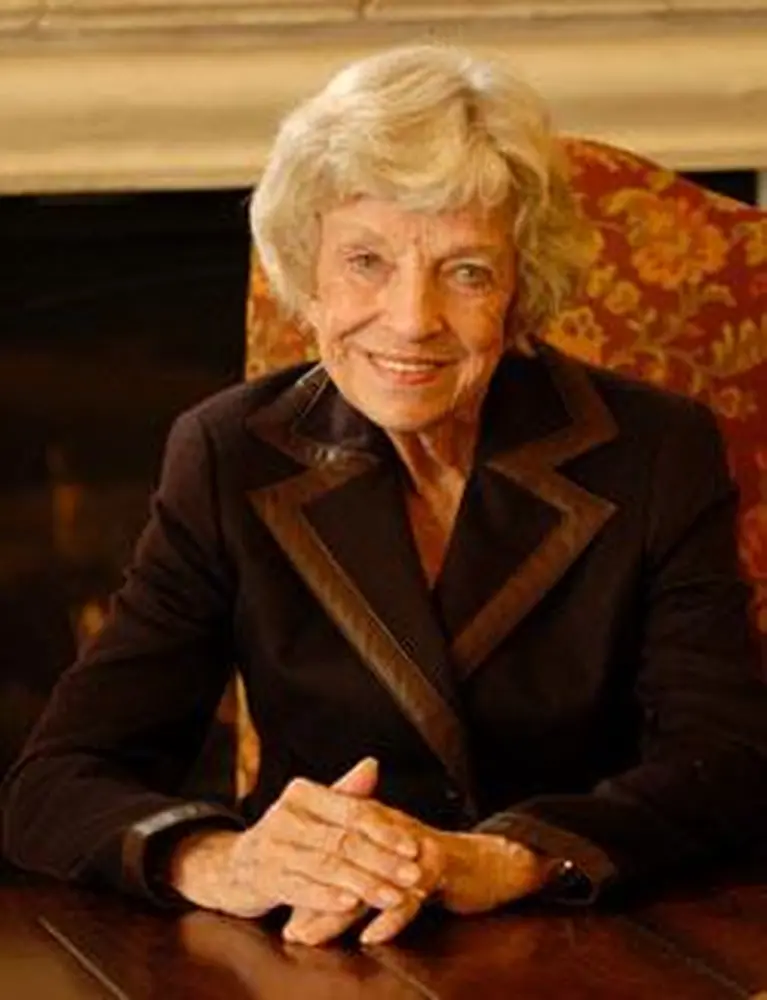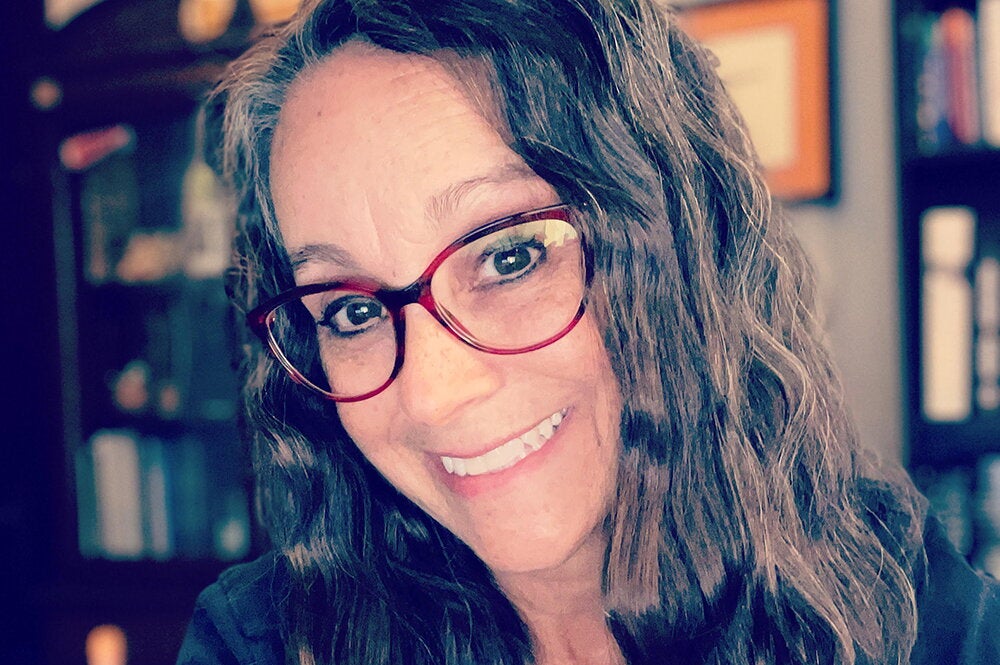

Margaret Lewis has been kicked by clients, hit over the head with a purse, and in one particularly tense moment had a gun aimed at her. It's certainly not what you would expect to happen to someone working in elder law.
But as LAS alumna Lewis explains, "My clients are often suffering from dementia by the time they come to me."
Working with clients who have Alzheimer's, Lewis develops a very close relationship with the client's family. Although it's a greatly rewarding experience, she says that guardianship proceedings, which are frequently part of elder law practice, are both distressing and sometimes dangerous.
"Under a guardianship, clients lose their independence and their right to make decisions for themselves," Lewis says. "This is heartbreaking. Clients coping with Alzheimer's, and their families, have my deepest sympathies."
Lewis is one among the growing ranks of lawyers who specialize in elder law. She also happens to be an elder herself. Lewis, a third-generation Illini and a 1947 LAS graduate in French, Spanish, and English, is proof that it is never too late to venture off in a completely new direction, whatever one's age. She didn't enter law school until she was in her 50s, after her children were out of the house.
"I thought it was now my time," she says. "But I never considered the matter of age."
Lewis's inspiration to go into law came from a political science class on constitutional law at the U of I during her undergraduate years. "I was hooked," she says, although law school wouldn't come until much later.
She began by taking law classes at night through the Indiana University Law School in Indianapolis. Ironically, she was taking law classes at the same time as her son—although at different schools. Being a night class, it attracted older students, but Lewis was still one of the senior members of the class—and one of the few females. However, age was not a barrier and it still isn't, for Lewis continues to practice elder law in Indianapolis, although on a semi-retired basis.
Lawyers who specialize in elder law do a lot of work with clients planning for Medicaid, a federal/state program created for the needy and disabled. Elder law attorneys help clients and their families cope with the maze of Medicaid regulations, but this often brings in a host of other issues such as estate planning, social security and disability claims, trusts, long-term nursing home care, elder abuse, fraud recovery cases, guardianships, and advanced directives to name a few.
As the population steadily grays, elder law is a burgeoning area. After all, the number of people in the United States over age 65 is projected to rise from 35 million in 2000 to 40 million in 2010 and 55 million by 2020, according to the Federal Interagency Forum on Aging-Related Statistics.
Lewis is quick to encourage people not to wait until their 50s or beyond to begin thinking about such issues as advanced directives because these legal documents can come into play at any age.
Advanced directives include living wills, which state the kind of life-prolonging care you want should you become terminally ill and unable to make your own decisions. Another advanced directive is "durable power of attorney for health care," in which you designate another person to make medical choices for you in accordance with your wishes. These wishes must be spelled out while you are still competent.
"People in their 20s and 30s don't think about this, but it is one of the most important issues," Lewis says. "I think we all recall cases of young people in comas, who are not expected to recover."
In these cases, where there are no directions from the patient, courts make the decision based on the thoughts of the physician, family, and ultimately the judge.
Lewis also helps elderly people deal with scams, such as a company that recently tried to coax elderly people in her area to create trusts even when it made no sense. In this case, a woman had few assets to justify the expense of setting up a trust, Lewis says. Nevertheless, the company tried to talk her into doing so when a simple, inexpensive will served her needs much better than the $600 trust.
"This was a wholesale scam," Lewis says. "She needed a trust like she needed a hole in the head. We see a lot of this."
If you are dealing with issues that call for an elder law attorney, Lewis recommends you find out if the lawyer is a member of the National Academy of Elder Law Attorneys. "That's a pretty good indication that they're up-to-date on everything," she says.
"Many people think they cannot afford an attorney," Lewis adds. But it can pay off in many cases, such as finding out if you are eligible for Medicaid or setting up reputable nursing care.
"In the long run, you will save money," she says.


